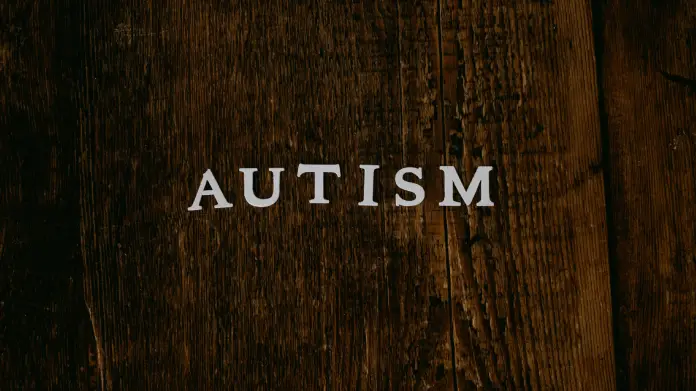In my Indiana Social Security disability practice I am seeing a growing number of cases involving autism. Autism is a developmental disorder that is usually diagnosed within the first three years of a person’s life.
It mainly hinders an individual’s communication and social interaction skills. Both children and adults can receive Social Security disability benefits for autism.
Autism is diagnosed based on the patient’s behavior. According to many medical sources an individual must display at least six symptoms to be diagnosed as autistic. Of these six symptoms two must be impairments in social interaction, one must be an impairment in communication, and one must be restricted and repetitive behavior.
Some examples of these symptoms include: not making friends with children of the same age, problems starting or participating in conversations, and insisting on always taking the same route to a destination.
Social Security Disability: Claim Denied?
Need Help With Application?
Don’t get frustrated! At our law firm, it’s our mission to professionally represent our disabled clients, as well as their families, and work hard to get you the benefits you deserve.
or Email us.
Autism is classified as a pervasive developmental disorder (PDD). Autism and other PDDs are defined by irregular social interactions and communication as well as very limited interests and highly repetitive behavior. PDDs are not characterized by any emotional problems, sickness, or fragility.
Social Security defines adult autism in its Listing of Impairments under section 12.10 – Autistic Disorder and Other Pervasive Developmental Disorders.
The Social Security Administration (SSA) requires two types of evidence to show that a claimant meets this listing. First, the claimant must demonstrate medical findings to support his or her diagnosis.
Second, the claimant must show a certain level of impairment in functioning. Below is the listing for adult autism from the SSA’s Listing of Impairments.
- Medically documented findings of all of the following:
- Qualitative deficits in reciprocal social interaction
- Qualitative deficits in verbal and nonverbal communication and in imaginative activity
- Markedly restricted repertoire of activities and interests
- Resulting in at least two of the following:
- Marked restriction of activities of daily living
- Marked difficulties in maintaining social functioning
- Marked difficulties in maintaining concentration, persistence, or pace
- Repeated episodes of decompensation, each of extended duration
The term “marked” is used by the SSA to say that someone is more than moderately limited. See Listing Section 12.00 paragraph C in the SSA’s Listing of Impairments – Adults for a more detailed explanation.
Even if your symptoms of autism do not meet the exact criteria of this listing, you may still be found disabled under the SSA’s rules. The SSA also looks at your RFC (residual functional capacity) to determine your ability to work.
In other words, if you can show that your symptoms of autism along with any other impairments you have prevent you from performing the work activities necessary to hold a full-time job, you may meet Social Security’s criteria for disability.
If you or your child suffer from autism and you want to know more about applying for Social Security Disability benefits, review our SSDI application guide to help you get started with your application.








